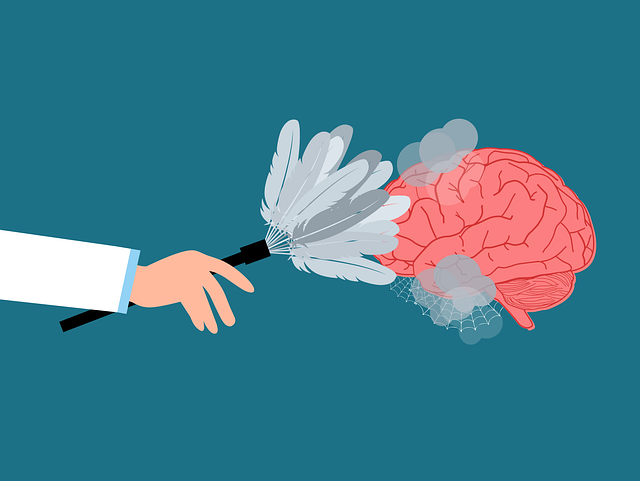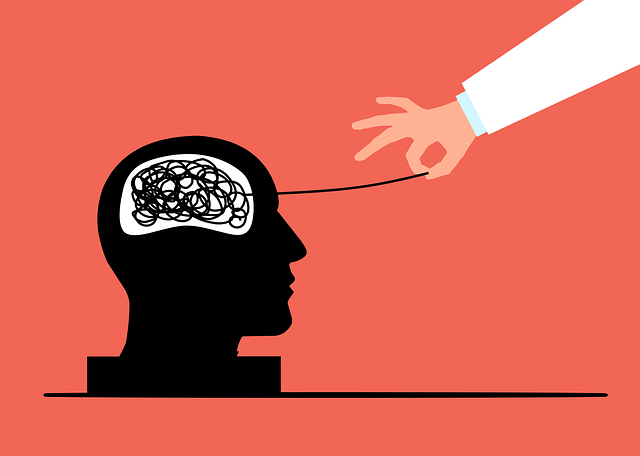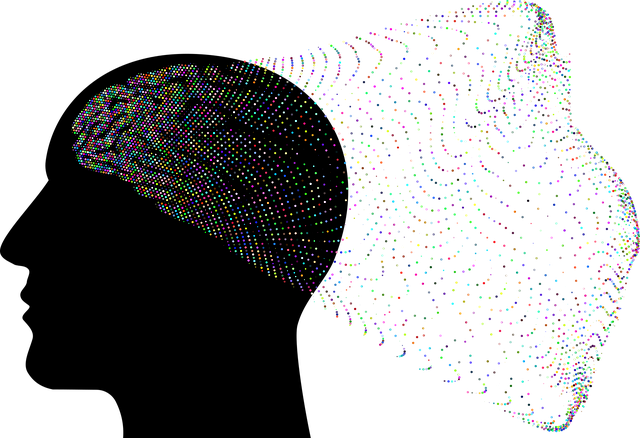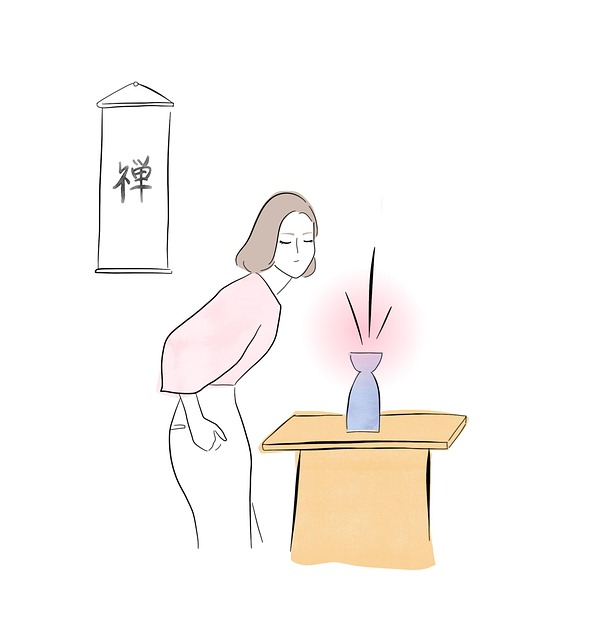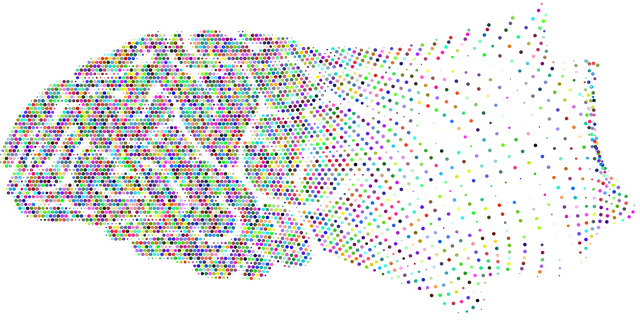Panic disorder and anxiety attacks are common among young adults, causing significant daily distress through intense fear and physical symptoms. CBT, focusing on thought patterns, is an effective treatment. Self-care practices like mindfulness, exercise, and sleep improve mental health and reduce stigma. Phone reminders and culturally competent healthcare aid in adopting these routines. Therapy provides a safe space for self-discovery, skill development, and open conversations about mental health, empowering young adults to manage their conditions with enhanced well-being and reduced stigma. Therapy for Young Adults Panic Disorder and Anxiety Attacks is key to navigating these challenges.
In today’s fast-paced world, self-care is paramount, especially for young adults grappling with panic disorder and anxiety attacks. This comprehensive guide delves into effective strategies for mental health management, highlighting the transformative power of self-care routines. We explore practical approaches tailored to daily life, emphasizing their importance in mitigating stress and promoting resilience. Furthermore, we discuss the role of therapy as a powerful tool, offering professional support for enhancing self-care practices among young adults suffering from panic disorder and anxiety attacks.
- Understanding Panic Disorder and Anxiety Attacks in Young Adults
- The Importance of Self-Care for Mental Health Management
- Practical Strategies for Incorporating Self-Care Routines
- Professional Support: Therapy as a Tool for Self-Care Enhancement
Understanding Panic Disorder and Anxiety Attacks in Young Adults

Panic disorder and anxiety attacks are common mental health challenges faced by many young adults. These conditions can significantly impact daily life, causing intense fear and discomfort. Anxiety attacks often present as sudden episodes of heightened arousal, leading to physical symptoms like rapid heartbeat, sweating, and dizziness. Understanding these disorders is a crucial step towards managing them effectively.
Young adults experiencing panic disorder may struggle with persistent, excessive worry and recurrent unexpected panic attacks. Therapy for young adults suffering from these issues typically focuses on cognitive-behavioral therapy (CBT), which helps individuals identify and change negative thought patterns and behaviors contributing to anxiety. Techniques such as compassion cultivation practices and conflict resolution strategies can be valuable tools in managing symptoms by fostering self-compassion and improving interpersonal relationships, thereby enhancing mood management skills.
The Importance of Self-Care for Mental Health Management

Self-care practices play a pivotal role in managing mental health, especially for young adults grappling with panic disorder and anxiety attacks. These conditions can significantly impact daily life, making it essential to incorporate coping mechanisms that promote well-being. Regular self-care routines, such as mindfulness exercises, physical activity, and adequate sleep, have been shown to reduce symptoms of depression and anxiety, fostering a sense of calm and resilience.
By prioritizing self-care, young adults can challenge the mental illness stigma reduction efforts head-on. Engaging in activities that nurture both mind and body encourages positive thinking and self-acceptance, which are crucial components in the journey towards recovery. This proactive approach not only enhances overall mental health but also empowers individuals to take control of their well-being.
Practical Strategies for Incorporating Self-Care Routines

Incorporating self-care routines into your daily life can be transformative, especially for young adults dealing with panic disorder and anxiety attacks. Start by identifying small pockets of time where you can engage in activities that nurture your mind and body. Even 10–15 minutes each day dedicated to mindfulness exercises like deep breathing or meditation can make a significant difference in managing stress and improving mental well-being. Consider setting reminders on your phone to ensure these practices become second nature.
Seeking support from a healthcare provider who has undergone cultural competency training is another practical strategy. They can offer tailored guidance, especially when navigating the nuances of anxiety disorders. Additionally, developing effective communication strategies with your provider allows for personalized care plans that incorporate stress management techniques suited to your unique needs and circumstances. This holistic approach combines self-initiated practices with professional support, fostering a more robust coping mechanism against panic attacks and anxiety.
Professional Support: Therapy as a Tool for Self-Care Enhancement

For many young adults navigating mental health challenges such as panic disorder and anxiety attacks, professional support through therapy serves as a powerful tool for enhancing self-care practices. This therapeutic process fosters self-awareness exercises that help individuals better understand their triggers and develop coping skills tailored to their unique needs. By addressing underlying issues and promoting healthy coping mechanisms, therapy provides a safe space for young adults to work through anxiety and panic disorders, ultimately improving their overall well-being.
Beyond direct symptom management, therapy contributes significantly to mental illness stigma reduction efforts by encouraging open dialogue about mental health. Through regular sessions, individuals learn to challenge societal norms and internalized beliefs that perpetuate stigma. This shift in perspective fosters a more inclusive environment where seeking help is normalized, paving the way for improved access to care and enhanced self-care journeys.
Improving self-care practices is a powerful tool for managing mental health, particularly for young adults grappling with panic disorder and anxiety attacks. By understanding these conditions and adopting practical strategies, individuals can enhance their well-being. Incorporating regular self-care routines, such as mindfulness, exercise, and quality sleep, alongside professional support like therapy for young adults with panic disorder and anxiety attacks, fosters a holistic approach to mental health management. This combined effort empowers individuals to take control of their mental health and lead more fulfilling lives.

